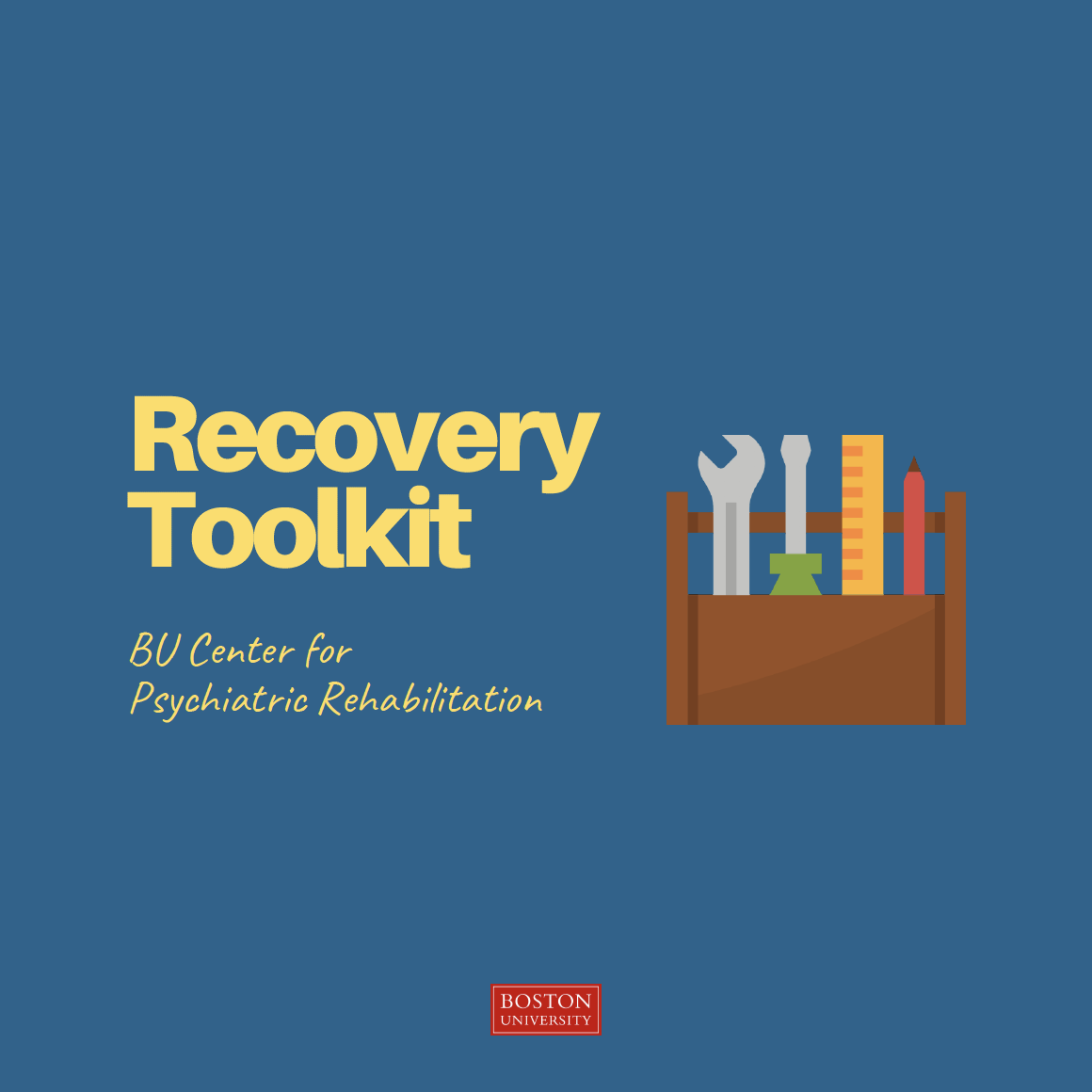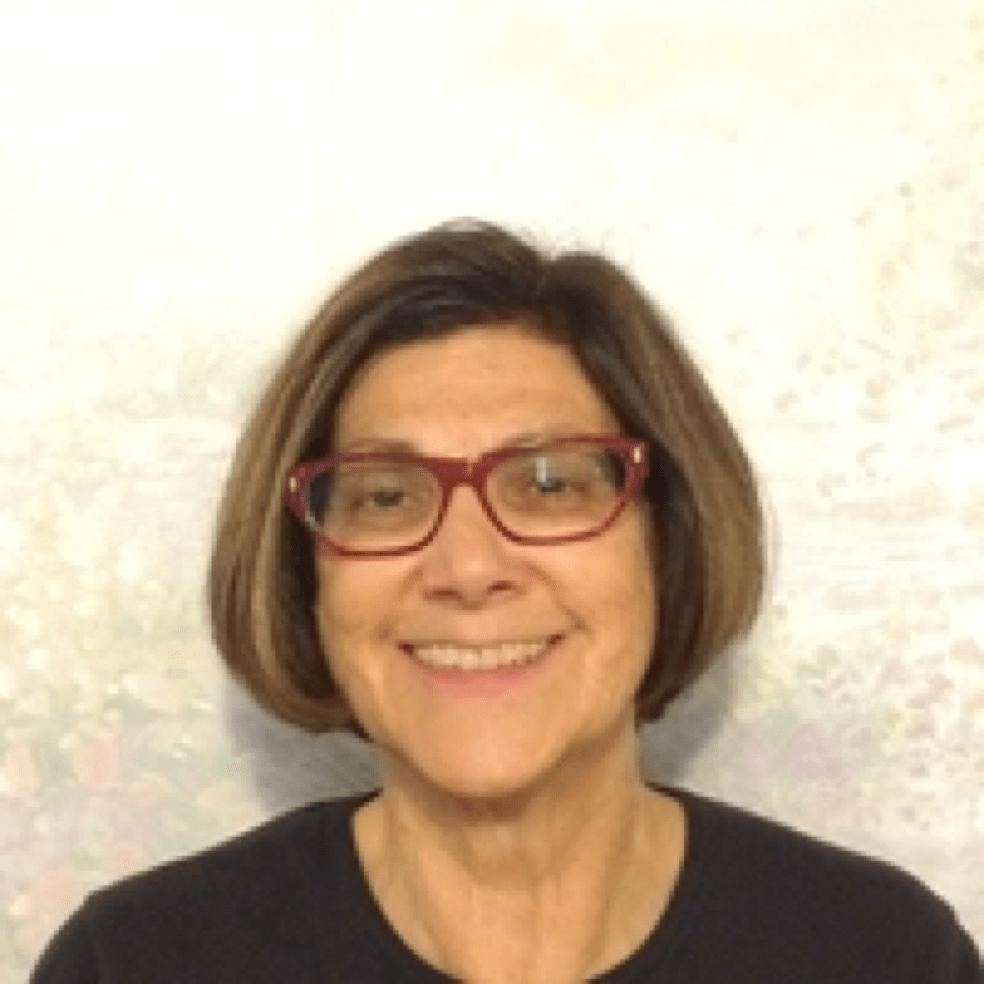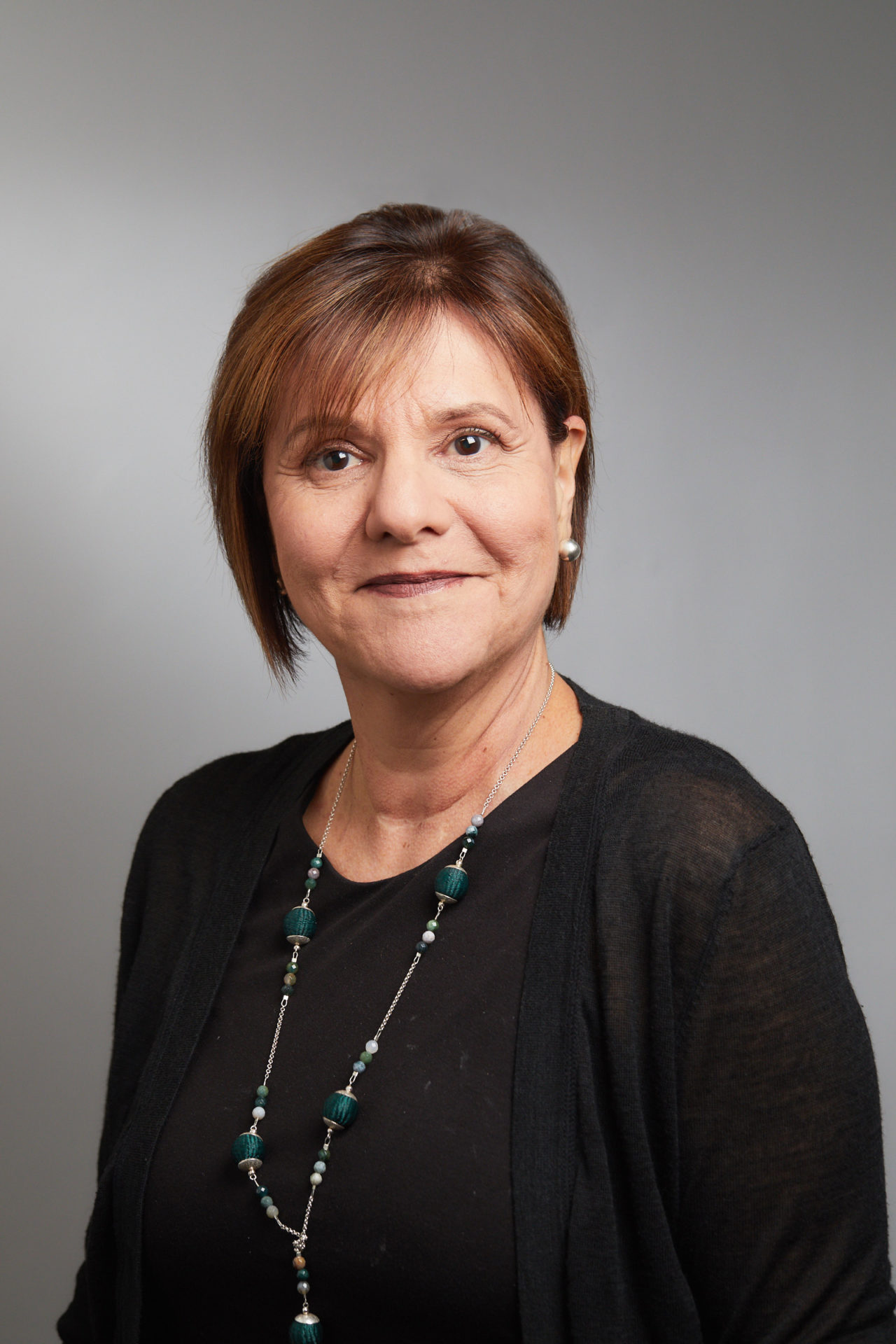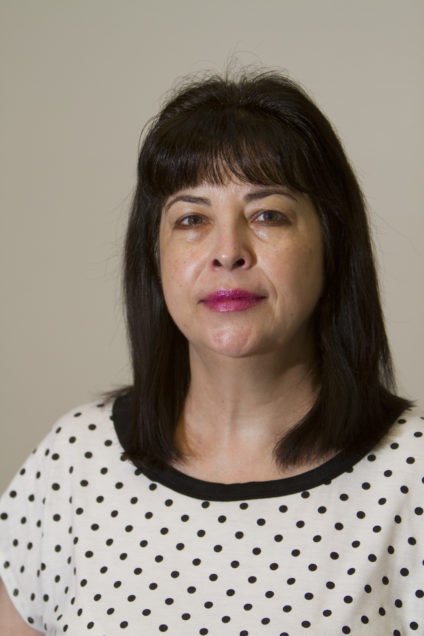Recovery Promoting Competencies Toolkit
Marianne Farkas, Dori Hutchinson, Rick Forbess, Maria Restrepo-Toro, and Zlatka Russinova

Multimedia
$0.00
Was: $165.00
Recovery Promoting Competencies Toolkit
Marianne Farkas, Dori Hutchinson, Rick Forbess, Maria Restrepo-Toro, and Zlatka Russinova
$0.00
Was: $165.00
Audience
The Toolkit is designed to support a wide range of providers looking to promote the recovery of clients with mental health conditions, including those living with the experience of serious mental illnesses. Available in both English and Spanish.
If you would like more training or technical assistance around implementing, contact Marianne Farkas.
Toolkit registration is now FREE and may take a few business days to complete.
Additional Materials for Purchase
Description
Based on decades of experience, input and field testing from providers, supervisors, and administrators like you, the Toolkit was developed as an online product designed to help providers and organizations develop and strengthen their recovery-oriented practice.
What is it?
The Toolkit includes information, materials and training programs to help enhance your organization and workforce’s ability to deliver recovery oriented practice. The three major components of the Toolkit are a self-assessment tool, an online course and strategies or tips and resources for providers, supervisors, program managers and administrators:
The Recovery Promoting Competencies Self-Assessment Tool (RPCS).
The RPCS includes a Self-Assessment form and a Scoring Guide to identify how recovery promoting you as a provider, perceive yourself to be based on your work with your clients.
Online Course
The Course includes five self-paced modules in pre–recorded video sessions that you can view on your own schedule. They provide key information and exercises about skills related to the elements assessed in the RPCS. These include an Introductory Module and the skills of Partnering, Inspiring and Teaching that together help providers to create a recovery promoting relationship. Each Module is divided into sessions of between 10-40 minutes each, for a total of 14 hours if you take all five Modules.
Strategies and Resources to promote recovery
- For Providers: Simple “everyday” things you can do to promote your clients’ sense of hope, empowerment and self- acceptance.
- For Program Managers/Supervisors: Tips to keep in mind as you implement a recovery oriented approach in your program, or with your staff.
- For Administrators/Executive Directors: Tips to keep in mind as you introduce, implement and look to sustain the changes needed in your organization to promote recovery oriented services.
Each set of strategies or tips includes additional resources which contain materials or links, such as follow-up training and technical assistance services available from the Center for Psychiatric Rehabilitation, webinars, videos, repositories, other websites, etc. These materials can provide support to those striving to implement a recovery orientation in your practice.
Organizational License
Licensing the Toolkit for the Agency allows you unlimited use of the online course and resources for as many providers and administrative staff as you have on your workforce. To begin the process, purchase the license Organizational License. If you have any questions, please email psyrehab@bu.edu
Citation: Farkas, M., Hutchinson, D., Forbess, R., Restrepo-Toro, M., & Russinova, Z. (2016). Recovery Promoting Competencies Toolkit. Boston: Boston University Center for Psychiatric Rehabilitation.
Toolkit Components
Self-Assessment Tool
The Recovery Promoting Competencies Self-Assessment Tool helps providers get a sense of their view of their recovery orientation. The 24 items included in the Self-Assessment Tool are based on two indices: (A) Core interpersonal skills, and (B) Skills to utilize recovery-promoting strategies.
Online Course
The overall Course takes approximately 14 hours, broken into 10-40 minute sessions. Each Module is divided into component skills needed to perform the overall competency.
- Introductory Module
The module is comprised of 3 sessions introducing fundamental concepts of recovery, their implications for mental health services and an overview of recovery promoting competencies contained within the Toolkit. The module includes self-paced on-line videos, exercises, an integration exercise and a post course quiz.
- Partnering Module
The module is comprised of 9 sessions presenting skills and techniques critical to creating a collaborative relationship with the individual being served. The 3 major components covered in the 9 sessions are: Encouraging Partnership, Sharing Yourself and Joining Together. The module includes self-paced on-line videos, exercises, an integration exercise and a post course quiz.
- Inspiring Module
The module is comprised of four sessions, which cover an introduction and 3 major skill components: Acknowledging Negative Realities, Sharing Balanced Perspectives, Identifying Personal Meaning. Taken together, these skills help the provider encourage the individual being served to take a hopeful view of their future. The module includes self-paced on-line videos, exercises, an integration exercise and a post course quiz.
- Facilitating Choice Module
The module is comprised of 9 sessions. These include an Introduction about the principles of helping an individual with mental health conditions to make a choice and 3 major skills (i.e. helping the client identify their decision making criteria; helping the client clarify options; helping the client systematically process these to make a decision). The module includes self-paced on-line videos, exercises, an integration exercise and a post course quiz.
- Teaching Module
The module is designed to teach providers how to increase client knowledge and skill. It is comprised of 4 sessions designed to help providers develop a teaching plan, create interactive lessons and ensure that the knowledge and skill taught is used. The module includes self-paced online videos, exercises, an integration exercise and a post course quiz.
Strategies & Resources
The Strategies (simple action steps) and Resources that you will find in this section, are designed to support providers, program managers/supervisors and the leadership of organizations looking to strengthen their recovery orientation.
- Provider Strategies include information on enhancing empowerment, increasing hope, and increasing self-acceptance.
- Program Manager/Supervisor Strategies are questions to keep in mind and tips to support the introduction and maintenance of a recovery oriented approach in a program or unit.
- Administrator/Executive Director Strategies are tips and questions to keep in mind for setting the framework and implementing a recovery orientation in an organization.
Authors
Training & Technical Assistance
To develop expertise in the skills of the Online Course, contact the Center for Psychiatric Rehabilitation to arrange for supervised skill practice with the individuals you serve. This can be done long distance in various ways (teleconference, webinars, Skype, etc.). Usually, supervised practice occurs in groups of 6-10 providers at a time to be most cost effective. Supervision typically occurs every two to three weeks over a six-to ten-month period of time, depending on providers’ initial level of expertise.
We recommend technical assistance (TA) if you are licensing the Toolkit, to help you use the license most beneficially across a program or an agency. The amount of TA required, depends on many factors, including where your organization is in its process of implementing a recovery orientation; the level of experience your providers, supervisors and managers have with a recovery orientation and practical or logistical considerations. Every organization or program is unique. Contact the Center for Psychiatric Rehabilitation to design TA to fit your unique needs and circumstances.





